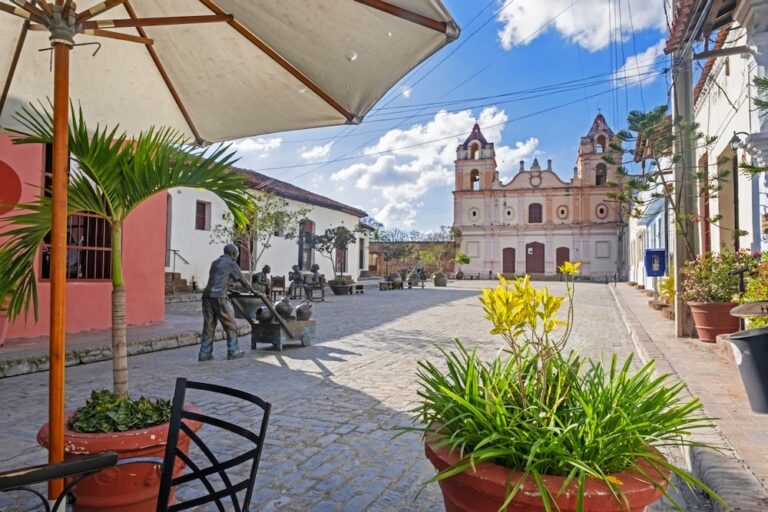Bestowing this year's IPFA on Jiménez recognizes that Cuba remains one of the most challenging environments in the Americas for the press.
This statement was originally published on cpj.org on 14 July 2022.
CPJ is honored to present its 2022 International Press Freedom Award to Cuban journalist Abraham Jiménez Enoa.
Abraham Jiménez Enoa is a freelance Afro-Cuban journalist and co-founder of the online narrative journalism magazine El Estornudo, launched in 2016. He is also a columnist for The Washington Post and Gatopardo.
Jiménez is a prominent outspoken voice within Cuba’s media community, providing fresh perspectives on challenges for independent journalists and reporting on issues rarely covered by state media, including racism in Cuba. His writing has appeared in international outlets including BBC World, Al-Jazeera, and Univisión, and the Cuba-focused outlets OnCuba and El Toque.
Jiménez has faced lengthy interrogations by the police in retaliation for his work, his family members and neighbors have been summoned for questioning, his mobile internet access has been blocked to prevent him from reporting, and authorities have arbitrarily enforced restrictions barring him from leaving Cuba.
In one particular incident in October 2020, plainclothes state security officers strip-searched and handcuffed Jiménez, interrogated him for five hours, and threatened him and his family over his writings about life in Cuba in his monthly Washington Post column. Despite authorities’ threats of legal repercussions if he continued to publish in The Washington Post, later that week Jiménez published another column, stating it could be his last given the threat of imprisonment.
The persistent harassment and censorship forced Jiménez to flee to Spain in 2021, where he is currently living in exile.
Bestowing this year’s IPFA on Jiménez recognizes that Cuba remains one of the most challenging environments in the Americas for the press, and that a new generation of Cuban journalists who only a few years ago saw a glimmer of hope for their independent projects are facing the harsh reality of new restrictions and censorship that make reporting in Cuba as dangerous as ever.



